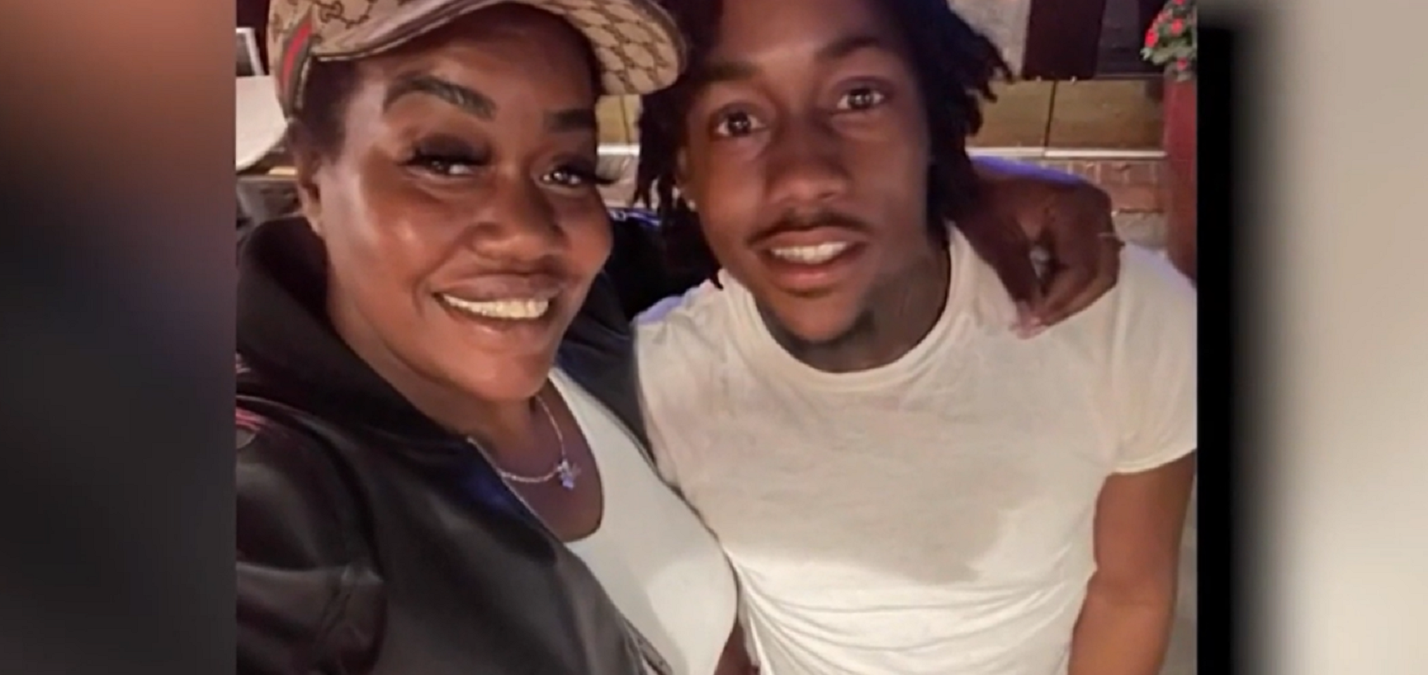In her first interview since becoming the apparent victim of an alleged $12,000 plastic surgery scam at the hands of a Florida woman, Kasey Mather describes how her seemingly normal life quickly transformed after a simple trip to the mailbox last month.
It was there that Mather, who lives in Brookfield, said she found a thank you note from a Lakeland, Florida clinic, signed by at least a dozen people she’s never met.
"It said, ‘Thank you for choosing us. We wish you well on your recovery,’" Mather recalled.
Mather said she thought it was odd but initially wrote it off as a mistake.
"This doesn't seem right but you know what, you never think it's actually anything to worry about," she told NBC 5 Responds.
Just to be sure, she called the clinic the next day. The news was not good.
"They confirmed they had my social, my date of birth," Mather said. "Then she pulled up the driver's license she had on file and she asked my ethnicity. I told her I was Caucasian and she said she was looking at a picture of an African American woman."
Local
Police identified That woman as 20-year-old Nyaira Thomas. The Watson Clinic told NBC 5 Responds Thomas allegedly presented a fake Illinois driver’s license with her picture on it, and Mather’s name and address, along with Mather’s social security number. The clinic then submitted that bogus information to Care Credit, which allowed Thomas to open a credit card on the spot. Police say Thomas then used the account to pay for liposuction, lip injections, breast implants and a butt lift – about $12,000 in plastic surgery in all.
Nearly one month later, police got wind of the situation and turned to social media to help track Thomas down. A few days later, she turned herself in, and was arrested and charged with three felonies: criminal use of personal identification, forgery and grand theft.
Out on bond that same day, Thomas apparently wasted no time flaunting her new assets on social media -- even advertising a nightclub appearance last week.
"I don't know anything about her but the image that she portrays of herself online, we are very different people, yes," Mather said. "It's like she stepped in my skin, and it’s really uncomfortable and really jarring."
Thomas pleaded not guilty at her arraignment earlier this week and is due back in court for a status hearing on June 9. Her attorneys declined to comment, saying they would not discuss pending litigation.
The Florida clinic told NBC 5 Responds “this occurrence is an isolated incident.”
“As a result we have revised our registration ad check-in process to guard against future incidents,” the clinic said. They refused to answer any further questions about how the incident happened.
Care Credit said in a statement that it does not comment on individual customer issues, but “uses state of the art fraud detection and prevention tools.”
“We take fraud seriously, and work diligently every day to protect our cardholders’ and consumers’ identities from being fraudulently used,” the statement read. “Once CareCredit discovers an account has been opened fraudulently, we immediately close the account, remove it from the credit bureaus, and settle the account balance.”
The company recommended the following tips for minimizing the risk for fraud:
- Safeguarding your personal information is the most important thing you can do to protect yourself from identity theft. This applies to both physical documents and online activities.
- Make a habit of monitoring your financial accounts and billing statements on a regular basis and check your credit report as part of your routine.
- Take immediate action as soon as you suspect you may be a victim of identity theft.
- Contact law enforcement and file a police report
- Place a fraud alert on your credit reports
- Close accounts which you believe have been compromised
- If you suspect you are a victim, call the Federal Trade Commission’s Theft Hotline at 1-877-ID-THEFT (438-4338)
Exactly how Mather’s identity was stolen remains a mystery. Her best guess? She recently signed up for an online portal at a new doctor’s office and wonders if that could have been the source.
“I thought I was being safe and smart and had difficult passwords,” Mather said. “I really feel like this could happen to anybody.”



